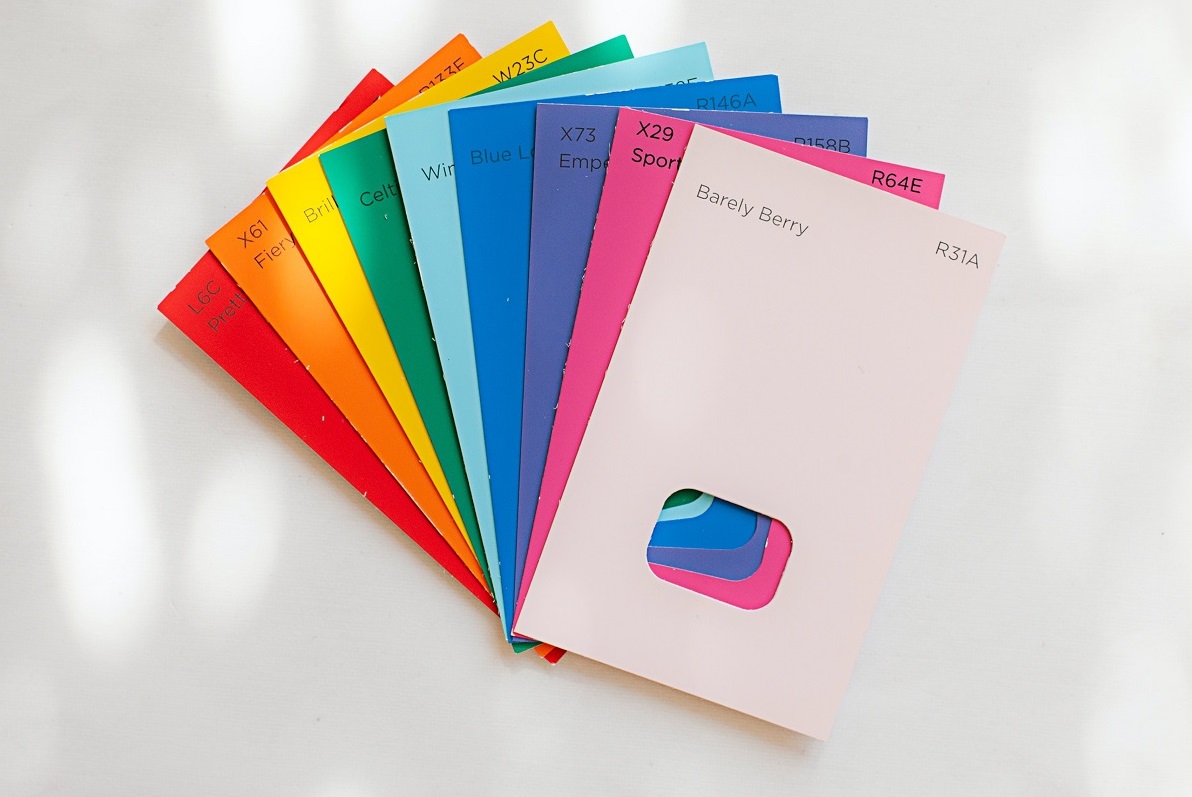Wendy Stein: R-squared is one of the Modern Portfolio Theory statistics reported by Morningstar. R-squared, along with the other MPT statistics, can help investors assess the risk-return profile of investments. You can find them in the Risk section of a fund or ETF’s Morningstar Report on Morningstar.ca.
R-squared, together with alpha and beta,
A higher R-squared value indicates a higher correlation, or relationship, between a fund’s performance and the benchmark’s performance, whereas a lower R-squared value indicates that a fund’s performance hasn’t behaved like the benchmark’s. R-squared is expressed as a percentage and ranges from 0%, or no correlation, to 100%, or perfect correlation, where a fund’s performance has moved in lockstep with the benchmark’s.
R-squared can help to gauge the relevance of the benchmark used to calculate Alpha and Beta, which are relative measures that are only useful when they are calculated using a relevant benchmark.
Let’s take a look at a few examples.
First, the Capital Group Global Equity Fund Series D which has a 3-Year R-squared value of 93.89%. This high R-squared value indicates that the benchmark is comparable, the fund’s returns have a high degree of correlation with the benchmark’s returns and that its Alpha and Beta values are likely to be meaningful and could be used to evaluate the manager’s performance.
The 3-Year R-squared for the BMO Growth Opportunities D fund is low, at 17.95%, which indicates that this fund’s performance bears little relation to the benchmark and its Alpha and Beta values likely shouldn’t be used to evaluate the manager’s performance.
A word of caution though: If a fund's R-squared is very close to 100%, there's a chance it may be hugging its index too closely, and that its returns can be replicated by an inexpensive fund that tracks that benchmark. Of course, index funds have the highest R-squared, as we see with the TD Canadian Bond Index fund which has an R-squared of 99.9%.
Used together, R-squared, Beta and Alpha can help to present a thorough picture of the performance of a fund manager. It’s important to remember though that MPT statistics shine a light on one type of risk, market risk and do not measure a fund’s total risk. It’s also important to remember that they focus on specific, and relatively short, time periods.
For Morningstar, I’m Wendy Stein.




















